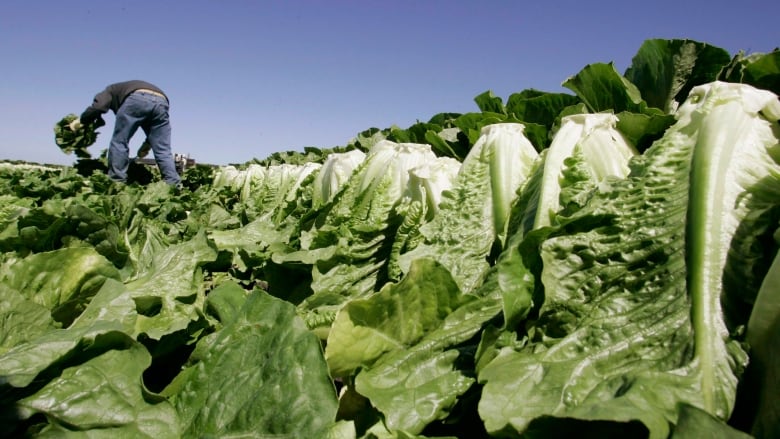Changes to food safety rules could lead to faster recalls, federal agency says
New regulations tighten rules around tracking, importing and exporting foods

Canada is introducing new food safety regulations that the agency involved says could lead to faster recalls at the grocery store.
The Safe Food for Canadians Regulations, which were published in the Canada Gazette Wednesday morning, tighten the rules around tracking, importing and exporting foods and largely bring Canada's laws in line with the U.S.
The regulations, which come into force early next year, will require suppliers, importers and exporters to keep documents to trace food one step forward and and one step back — forward to the immediate customer and backward to the immediate supplier.
Officials with the Canadian Food Inspection Agency told reporters that could lead to quicker recalls of unsafe food.
The government estimates 238 Canadians die every year from food-borne illnesses, and 11,600 are hospitalized.
"The increasingly global marketplace for food commodities has created more opportunities for the introduction and spread of contaminants that may put Canadian food safety at risk," reads the regulations.
Some businesses that import food, prepare food for export or send food across provincial borders will also be required to have a licence and a create a preventative control plan. In the plan, they'd have to detail steps on how to mitigate potential food risks.
While the regulations come into force Jan. 15, 2019 some requirements will be phased in depending on food commodity and business size.
The Safe Food for Canadians Act was passed back in 2012 and the CFIA began consultations on regulations in 2013.
The regulations combine 14 different sets of food regulations into one.